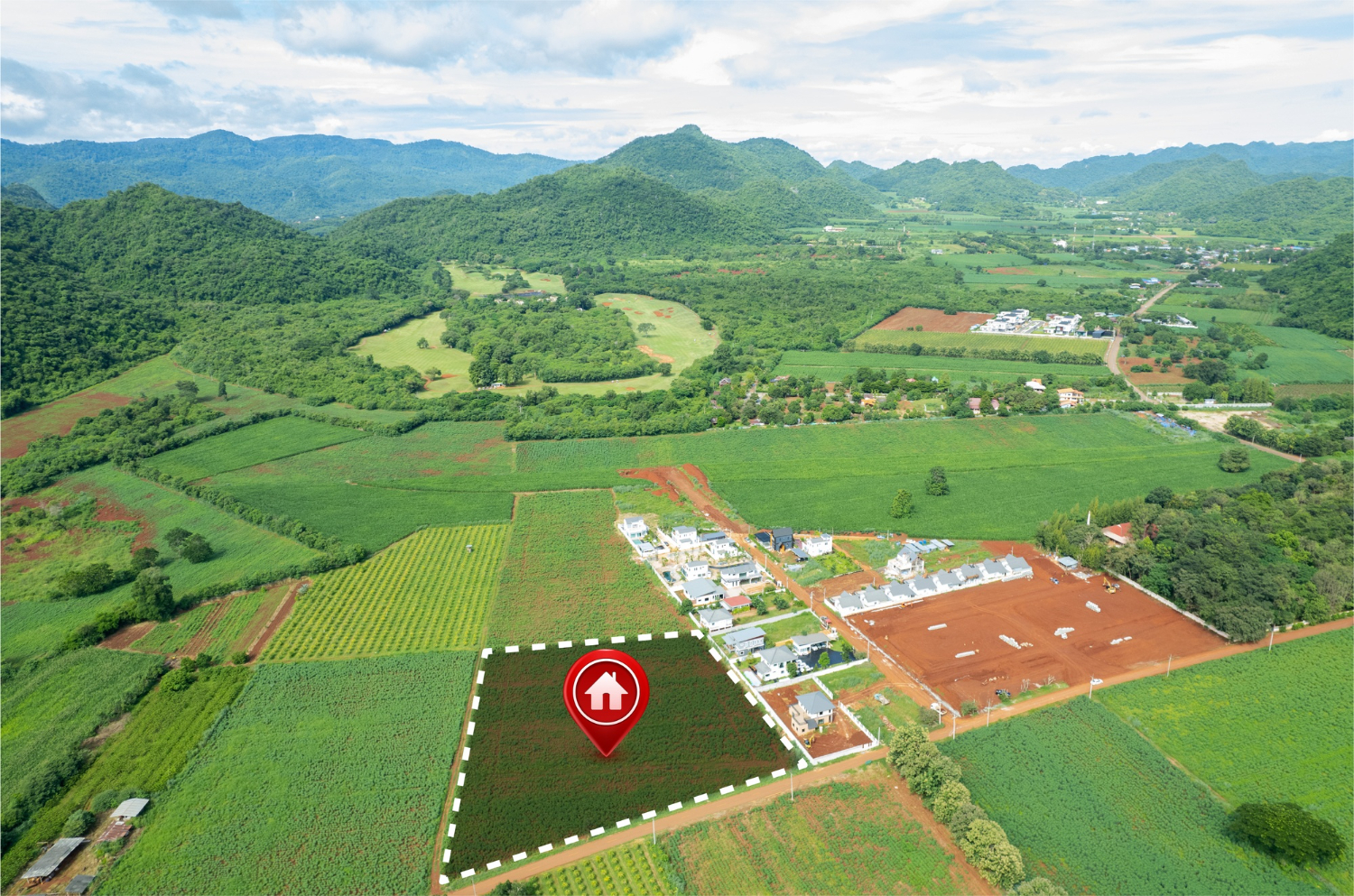Whether you’re a landowner planning to sell your property, a potential buyer seeking to invest, or a professional looking to stay informed about crucial land market aspects, understanding the intricacies of land valuation is undoubtedly essential. The process of appraising land value involves assessing numerous factors such as location, size, zoning, and environmental features, as well as taking into account market conditions and current trends. Accurate land valuation not only helps set realistic expectations for sales prices, but also contributes to more informed discussions and negotiations with potential buyers.
In this comprehensive guide, we’ll delve into the art of land valuation as we explore various techniques and factors that play a vital role in determining a property’s worth. From analytical methods such as the sales comparison approach and income capitalization to professional land valuation resources, we’ll illuminate the path towards a deeper understanding of this critical aspect of the land sales process.
1. Sales Comparison Approach: Benchmarking Your Land’s Value
The sales comparison approach is one of the most widely used methods for determining land value. This technique involves comparing your property to similar properties that have recently sold in the local market. By analyzing the sale prices and features of comparable properties, you can benchmark your land’s value and better understand its position within the market.
Here are some essential steps to employ the sales comparison approach effectively:
– Identify Comparable Properties: Look for properties in your area that share similar characteristics such as size, location, zoning, topography, and accessibility. Pay special attention to recent sales, ideally within the past six months, as market trends can change quickly.
– Adjust for Differences: Inevitably, no two properties are exactly alike. Take note of any differences between your land and the comparables, and adjust the sale prices accordingly. For example, if a comparable property has better access or more favorable zoning, its sale price might need to be adjusted downward to provide a more accurate comparison for your land.
– Analyze the Data: Review the adjusted sale prices of your selected comparables and calculate an average value per acre or square foot. Apply this figure to your property’s size to estimate its market value.
Keep in mind that the sales comparison approach may not always prove to be an effective valuation method in areas with limited data on comparable sales. In such cases, consider combining this method with other valuation techniques for a more comprehensive assessment.
2. Income Capitalization Approach: Valuing Land as an Investment
The income capitalization approach is particularly useful for appraising land that generates income, such as agricultural, commercial, or rental properties. This method calculates land value based on the income the property is expected to generate over time, discounted to present value using a capitalization rate. Here are the essential elements involved in the income capitalization approach:
– Estimate the Property’s Income Potential: Assess the property’s income-producing potential by evaluating factors such as crop yield, rental rates, or operating income from commercial developments. Use historical data, industry averages, and market trends to project the annual income your land can potentially generate.
– Determine the Capitalization Rate: The capitalization rate, or “cap rate,” reflects the return on investment that a buyer can expect when purchasing your property. Cap rates can vary based on factors such as location, property type, and perceived risk. Research prevailing cap rates in your area or consult with local real estate professionals to determine an appropriate rate for your land.
– Calculate the Property’s Value: Divide the estimated annual income by the capitalization rate to determine the property’s value. For example, if your land generates an annual income of $10,000 and the cap rate is 5%, the estimated value would be $200,000 ($10,000 ÷ 0.05).
3. Professional Land Valuation Resources
While the previously mentioned methods can help you estimate your land’s value, you may want to seek professional assistance for a more comprehensive and accurate appraisal. Licensed real estate appraisers possess expertise in land valuation methods and local market trends, providing you with an objective and informed assessment of your property’s worth.
To find a qualified appraiser, consult with local real estate agents, lending institutions, or the Appraisal Institute, which maintains a directory of qualified appraisers by geographic area.
4. Factors Affecting Land Value
Several factors can influence the value of your land, both positively and negatively. Understanding these factors and how they relate to your property can help you identify areas for improvement and better position your land within the market:
– Location: Proximity to major cities, transportation networks, and desirable amenities can significantly impact property value. Land situated in areas with strong economic growth, high-quality schools, or scenic views will typically command higher prices.
– Zoning and Land Use: Zoning regulations and allowed land uses can greatly affect property value, as they determine the types and extent of development that can take place on the land.
– Access and Infrastructure: Land with good road access, utility connections, and available water resources is typically more desirable and valuable than remote or undeveloped properties.
– Environmental Factors: Natural features like topography, soil quality, and water resources can either enhance or diminish your land’s value, depending on its intended use. Conversely, environmental hazards or restrictions can negatively impact the property’s worth.
Harnessing the Power of Accurate Land Valuation
Understanding the art of land valuation is essential for anyone involved in land transactions, from selling to buying or even investing. By gaining proficiency in methods such as the sales comparison approach and income capitalization, as well as seeking professional appraisal assistance from our team at 7Land Corp, you can ensure you’re well-prepared to navigate the land market and make informed decisions about your property’s value. So, arm yourself with the knowledge, tools, and insights needed for accurate land appraisal, and confidently embark on your land selling journey equipped for success.




